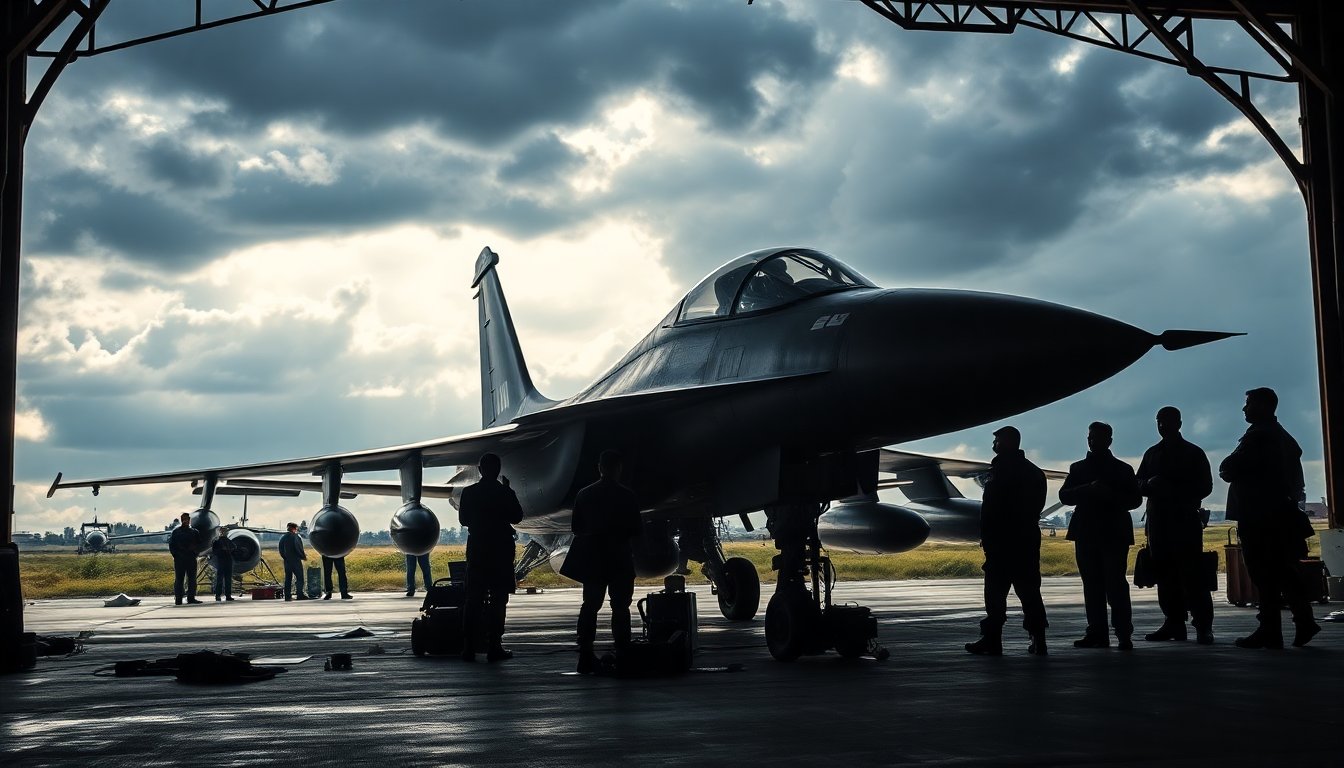Table of Contents
On a recent Tuesday, tensions escalated in Moscow as the Federal Security Service of Russia (FSB) made serious accusations against a journalist. They suggested his involvement in a complex scheme allegedly orchestrated by the Ukrainian Main Intelligence Directorate (HUR) and facilitated by British intelligence. Central to this controversy is an alleged plan to seize a Russian MiG-31 fighter jet.
The FSB claimed Ukrainian operatives sought to recruit Russian pilots, offering a substantial sum of three million dollars as an incentive to steal the aircraft. This operation was purportedly intended to arm the jet with a Kinzhal missile and direct it towards one of NATO’s largest airbases in Constanța, Romania, where it could then be intercepted by air defense systems.
Details of the allegation
In a public statement, the FSB released a video featuring a disguised individual. He claimed he was contacted via Telegram by someone identifying himself as “Sergey Lugovsky,” purportedly a journalist from Bellingcat. The individual, whose identity was concealed behind a flight helmet, expressed skepticism about the motivations behind the contact, suggesting it was a move to undermine him for intelligence purposes.
The FSB’s narrative stated that Lugovsky provided a press card to authenticate his identity, which the alleged victim interpreted as an attempt to exploit him. The operative also referenced a previous accusation against journalist Christo Grozev, linked to a failed attempt to hijack the Su-34 military aircraft in.
The recruitment efforts
According to the individual in the FSB video, recruitment efforts escalated rapidly. After initial communications, he received an email presenting an enticing offer of one million dollars for successfully hijacking the aircraft. This amount would triple if the MiG-31 was armed with a Kinzhal missile. The contact continued through various international messaging platforms, with a mysterious figure named Alexander frequently reaching out.
To alleviate concerns about his piloting skills, Alexander allegedly arranged a call with a Ukrainian Air Force pilot who offered remote training, minimizing the complexities of landing the aircraft. This dubious confidence illustrated the audacity of the scheme, as the individual was instructed on how to incapacitate the flight commander by tampering with his oxygen mask or breaking the cockpit partition.
Implications of the allegations
The claims made by the FSB prompted an immediate response. Russian forces reportedly launched Kinzhal missile strikes against locations linked to the HUR in Kyiv and Khmelnytskyi. This action marked a serious escalation, seemingly in reaction to the alleged Ukrainian provocation.
As the situation developed, Grozev, the journalist at the center of the accusations, vehemently denied the allegations, calling them absurd and poorly constructed. He criticized the authenticity of the video, asserting it featured an AI-generated face and unnatural speech patterns. Grozev questioned the credibility of the source, arguing it was implausible for British intelligence to depend on a fictitious journalist from an organization deemed undesirable in Russia.
The wider context
This incident is part of a broader pattern of escalating tensions between Russia and Ukraine, where accusations and counter-accusations have become commonplace. The involvement of foreign intelligence agencies, particularly the UK’s Bellingcat, complicates the situation further, as the organization has consistently been at the forefront of investigative journalism regarding military and political matters.
In light of these events, Ukrainian authorities have remained silent on the FSB’s claims, leaving many to speculate about the potential ramifications for international relations and the ongoing conflict. As both sides navigate this complex landscape, the implications of such allegations could resonate beyond immediate military concerns, impacting diplomatic dialogues and public perceptions globally.


